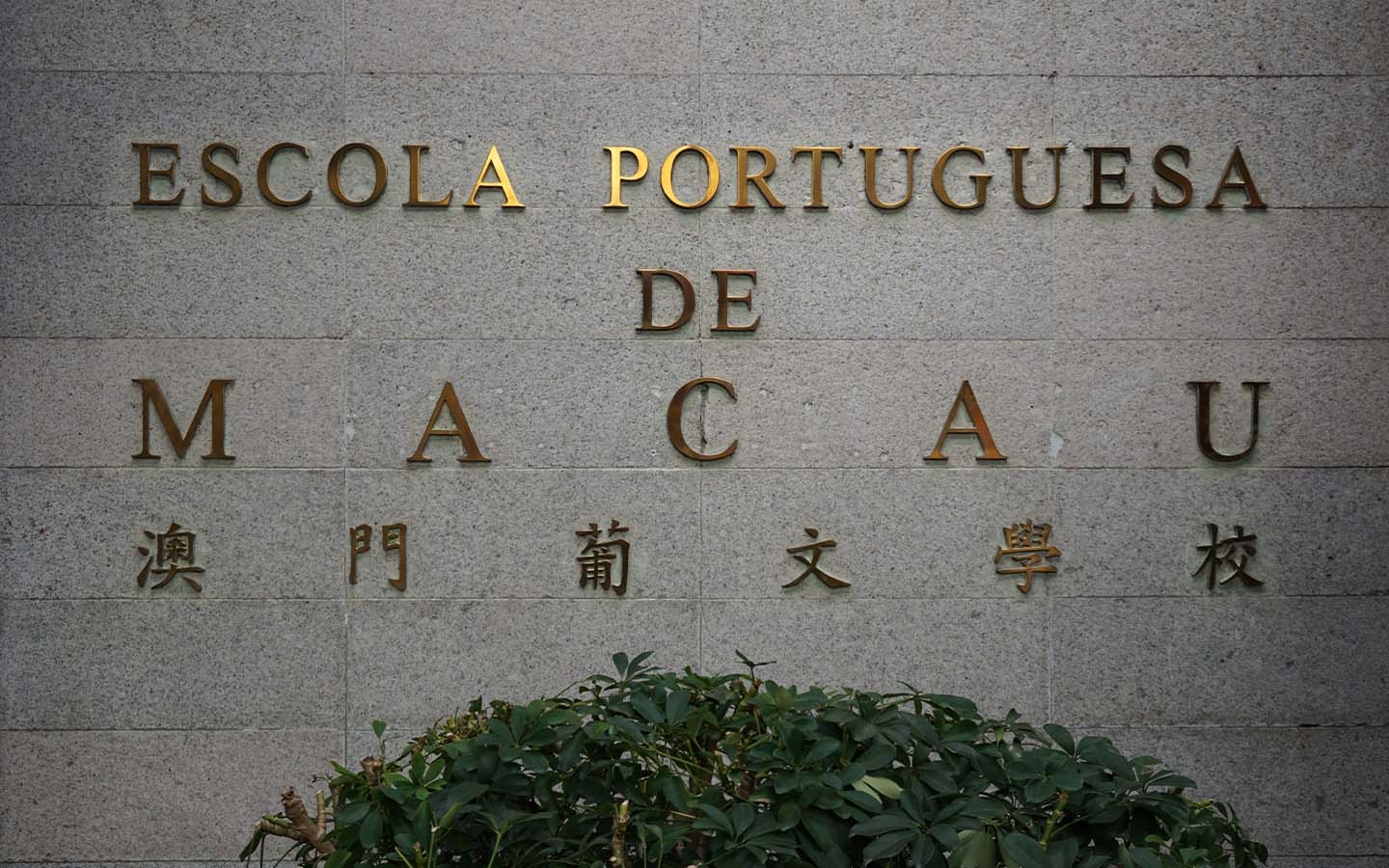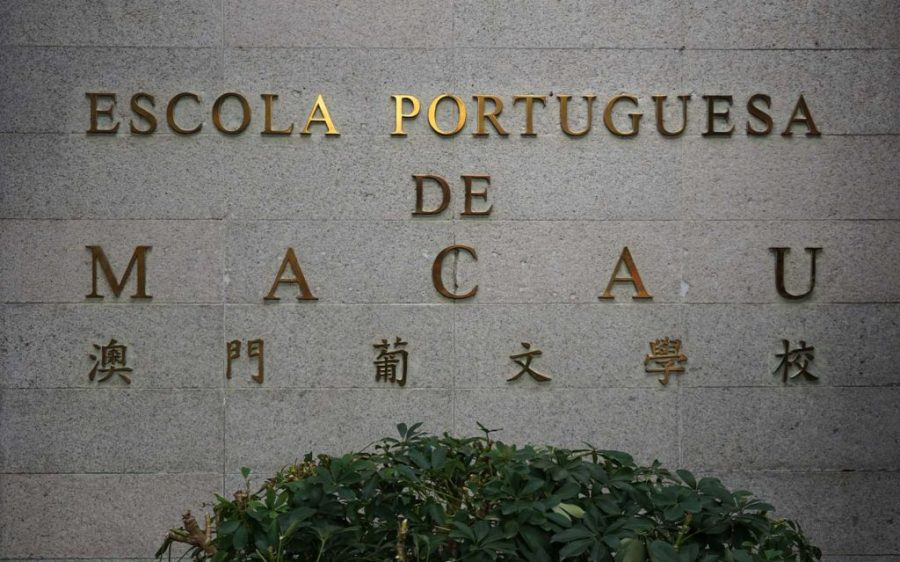The Macau Portuguese School (known by its Portuguese initials EPM) is back on track for an “absolutely normal” second semester after dealing with the issue of teacher shortages that had been plaguing the school since the start of the current academic year. That’s according to Jorge Neto Valente, who heads the Portuguese School Foundation, the Portuguese government-affiliated organisation that runs the institution.
In an interview with local media, Valente admitted that the first semester “did not go well at all” due to the “lack of teachers.”
EPM started the current academic year last September with five teaching vacancies in subjects such as maths, physics and chemistry. The new hires at EPM include instructors in those subjects as well as economics. Another chemistry teacher is due to begin work at the school following the Lunar New Year holidays.
The lack of staff members followed a controversial decision by the school to dismiss a number of teachers in the middle of last year, which led to an investigation by authorities in Lisbon. While some teachers were later reinstated, EPM continued to face a staff shortage.
[See more: University of Macau students bag six prizes at Chinese-Portuguese translation contest]
Despite this, Valente said, “there is not a single student who doesn’t have classes; all classes are being taught.” He pointed out that the replenished workforce did not “rule out some adjustments in teaching,” but said that the institution now had “reason to be at ease.”
Valente also revealed that EPM was considering a campus-wide ban on the use of mobile phones by students. He said he recognised the sensitive nature of such a ban, and said that EPM was gathering the opinions of parents via a questionnaire.
Explaining the rationale behind the proposal, Valente said that the school administration would like students to interact more with each other in Portuguese and Chinese during break times, “instead of being stuck on their mobile phones.”
He noted that if the ban were to be implemented, it would not prevent students from contacting their parents and guardians in extenuating circumstances, as the school would provide access to such devices.






